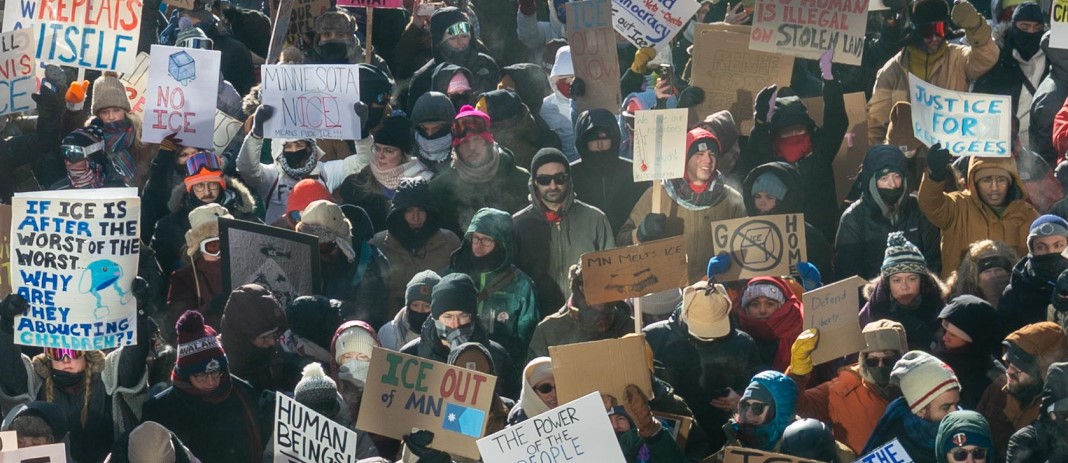For decades, governmental decision-making structures have determined access to the policymaking process, distribution of benefits and resources, and equity of social, environmental, and economic outcomes. Marginalized communities, however, often do not have access or influence to shape governmental decisions.
State and federal climate policies increasingly feature equity and justice goals, but questions remain about how climate justice goals should be implemented to help address existing disparities and build resilience in historically overburdened and under-resourced communities and do not further exacerbate harm on vulnerable populations.
The Center develops research and policy tools to inform decision-makers and allies, as well as to support advocates representing frontline communities in accelerating the development and implementation of effective climate justice programs, funding and agency coordination strategies that are inclusive and most meaningfully center environmental, social, and economic justice for communities vulnerable to the harmful impacts of climate change.

For over two decades, California has been setting climate goals and adopting wide-ranging climate policies. Our research is taking a deep dive into how the state integrates justice into climate governance, from comprehensive planning to clean energy funding.
 James Goodwin | February 2, 2026
Trump Is Making It a Lot Easier for Polluters to Pollute
James Goodwin | February 2, 2026
Trump Is Making It a Lot Easier for Polluters to Pollute
 Brian Gumm, Bryan Dunning, Catalina Gonzalez, Federico Holm, James Goodwin, Sophie Loeb, Spencer Green | January 29, 2026
Center Staff Join National Shutdown, Issue Statement on Minneapolis and Beyond
Brian Gumm, Bryan Dunning, Catalina Gonzalez, Federico Holm, James Goodwin, Sophie Loeb, Spencer Green | January 29, 2026
Center Staff Join National Shutdown, Issue Statement on Minneapolis and Beyond
 Sophie Loeb | January 28, 2026
Advancing a Clean, Equitable Energy Transition through Alternatives to Investor-Owned Utilities
Sophie Loeb | January 28, 2026
Advancing a Clean, Equitable Energy Transition through Alternatives to Investor-Owned Utilities